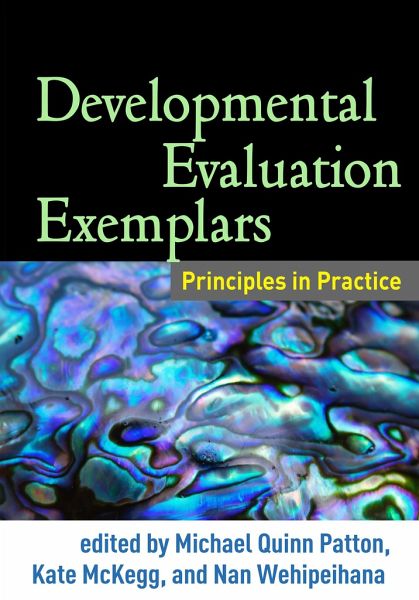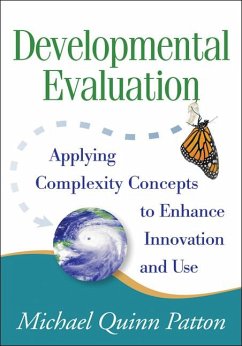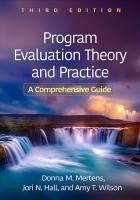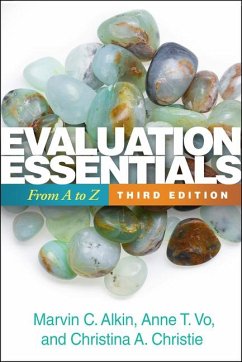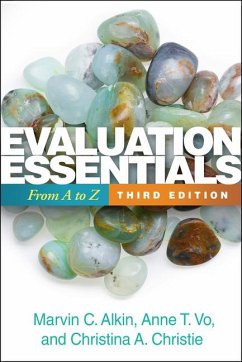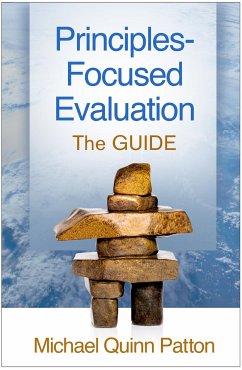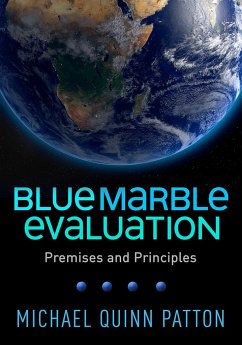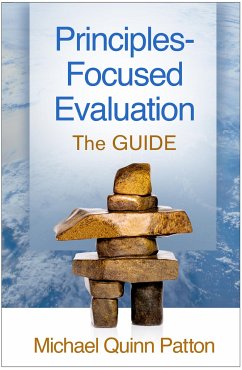Michael Quinn Patton, PhD, is an independent consultant who has been conducting program evaluations since the 1970s. Based in Minnesota, he was on the faculty of the University of Minnesota for 18 years and is a former president of the American Evaluation Association (AEA). His books include ]Blue Marble Evaluation, Developmental Evaluation, Developmental Evaluation Exemplars, Principles-Focused Evaluation, Qualitative Research and Evaluation Methods (now in its fourth edition), and Utilization-Focused Evaluation (now in its fourth edition), among others. He is a recipient of the Alva and Gunnar Myrdal Evaluation Practice Award and the Paul F. Lazarsfeld Evaluation Theory Award, both from AEA, as well as the Lester F. Ward Distinguished Contribution to Applied and Clinical Sociology Award from the Association for Applied and Clinical Sociology. Dr. Patton is an active trainer and workshop presenter who has conducted applied research and evaluation on a broad range of issues and has worked with organizations and programs at the international, national, state, provincial, and local levels. Kate McKegg, MA, is an independent evaluation consultant with more than 20 years of experience. She is Director of The Knowledge Institute Ltd and a member of the Kinnect Group in Hamilton, New Zealand. She is also the current President of the Aotearoa New Zealand Evaluation Association and a former board member of the Australasian Evaluation Society (AES). Ms. McKegg is coeditor of Evaluating Policy and Practice: A New Zealand Reader . With Nan Wehipeihana, Kataraina Pipi, and Veronica Thompson, she received the Best Evaluation Policy and Systems Award from AES, for the He Oranga Poutama Developmental Evaluation. Nan Wehipeihana, PostGradDip, is an independent evaluation consultant with more than 20 years of experience, based in Wellington, New Zealand. She specializes in evaluation and research with a focus on Maori, the Indigenous people of New Zealand. She established Research Evaluation Consultancy in 1997 and is a member of the Kinnect Group. Ms. Wehipeihana is a board member of the Aotearoa New Zealand Evaluation Association and a former appointed executive member of AES. Her tribal affiliations are to Ngati Porou and Te Whanau-a-Apanui on the East Coast of New Zealand and Ngati Tukorehe and Ngati Raukawa, north of Wellington, New Zealand.
